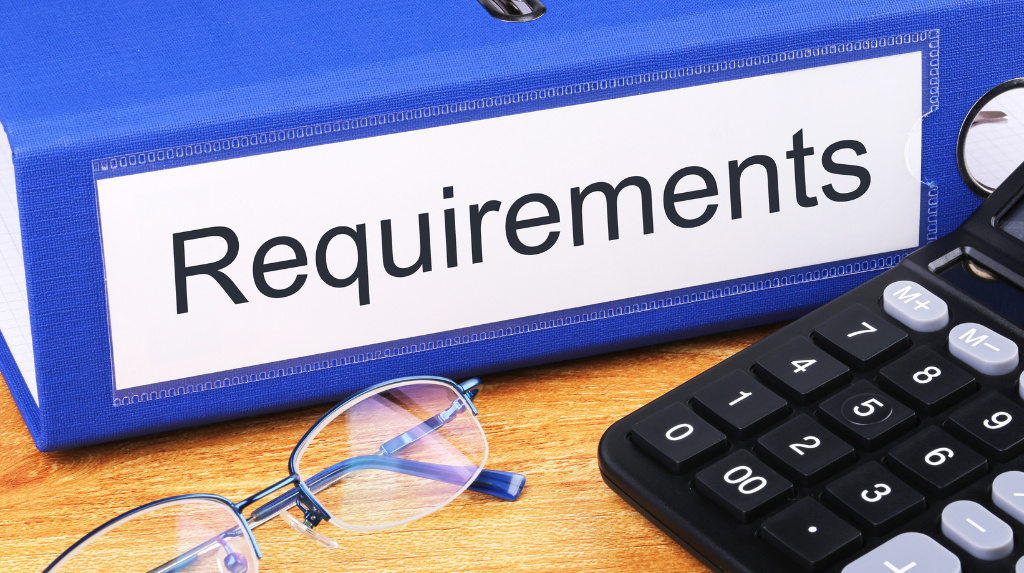Navigating the intricacies of legalizing documents for international use can be a daunting task. Whether you’re a business professional, a student, or an individual, understanding the process is crucial. In this detailed guide, we explore the steps involved in legalizing foreign documents, with a specific focus on the Finnish authorities’ requirements.
Why Legalisation Matters
Legalization is a critical step to ensure that a document issued abroad holds the intended legal weight in Finland. The Finnish authorities may request legalization to validate the authenticity of the document and the authority of the issuing country. Let’s delve into the specific steps involved in this intricate process.
Legalisation Process in Finland
In Finland, the diplomatic or consular mission of the country where the document was issued primarily handles the legalization process. This mission is responsible for confirming the authority of the issuing country to issue the certificate in question.
Diplomatic or Consular Mission Certification
If a foreign authority (excluding the Nordic countries) issues the document, the first point of contact is the Finnish diplomatic or consular mission in that country. The mission certifies the authenticity of the document and its issuance by the foreign authority.
Apostille for Hague Convention Signatories
Countries that are signatories of the Hague Convention of 1961 can use an Apostille for legalization The Apostille certifies the document’s authenticity and is a simplified process for member countries. Visit hcch.net for more information on Apostille certificates and the relevant authorities.
EU Regulation for European Union Documents
A specific EU Regulation allows the acceptance of certain public documents within the European Union without requiring an Apostille.. This streamlined process facilitates the acceptance of documents without additional authentication.
Legalization for Non-Apostille Convention Countries
In cases where the document is from a country not part of the Apostille Convention, the process involves:
- The Ministry for Foreign Affairs of the issuing country certifies the document’s authenticity.
- The competent Finnish mission in that country legalizing the document by appending a certificate verifying the official’s authority.
In conclusion, the legalization of documents for international use is a meticulous process, especially when dealing with Finnish authorities. Understanding the specific steps involved can streamline the procedure and ensure that your documents are accepted with ease. For further information and resources, always refer to the official Finnish Ministry for Foreign Affairs and Hague Conference on Private International Law websites.





